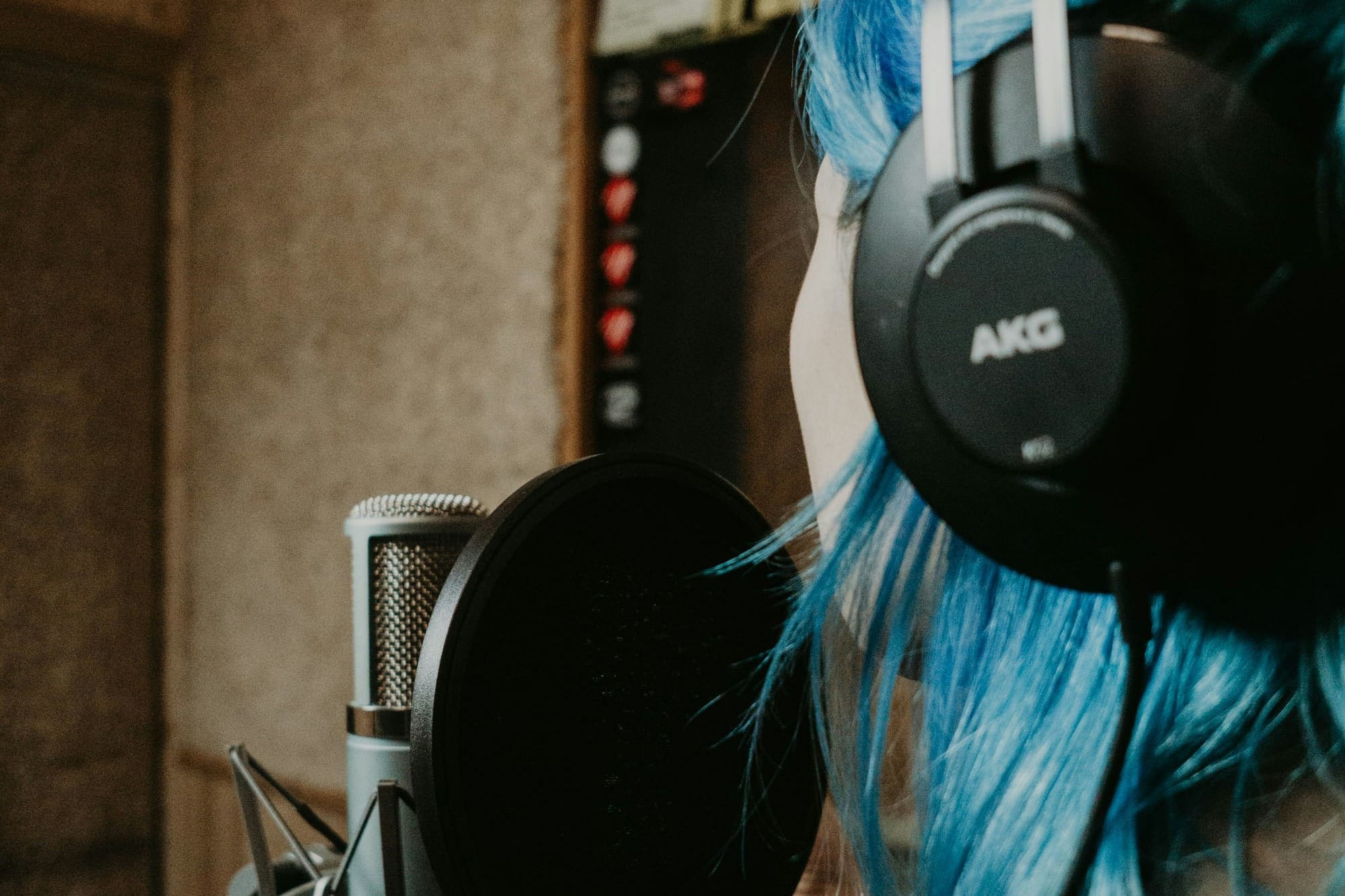Acting is an industry of feast and famine, where performers’ income can swing widely by role, by month, and by year. It’s a field where people often face the choice between passion, creativity, and taking a commercial gig for a check. As with so much else, this delicate personal calculation is now being disrupted by AI.
Last month, online actors’ jobs boards were flooded with a very specific, very well-paid role. Nestled between student short film gigs and callouts for background dancers, was the ambiguously-named opportunity “Technology Company AI Project.” According to the job listing on cast and crew job board Mandy, it would pay up to $80,000, for only 19 total hours of work. This is unusually high for an industry where a national-level ad campaign for a big brand might pay $6,000.
